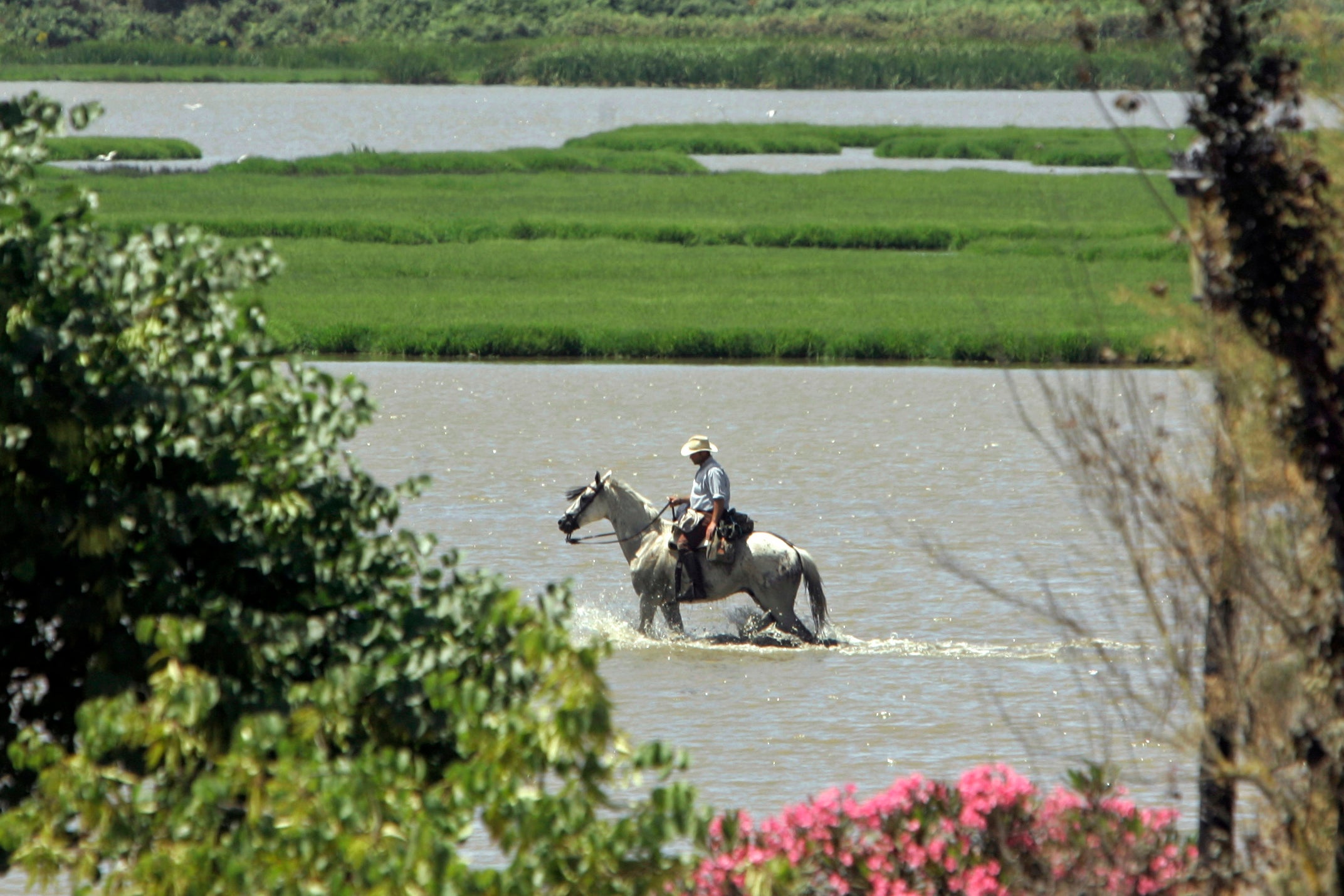EU slams plan to expand water use near Spain’s Doñana park
The European Union has criticized a plan by lawmakers in southern Spain to expand irrigation rights for farmers near one of Europe’s largest wetlands

The European Union has criticized a plan by lawmakers in southern Spain to expand irrigation rights for farmers near one of Europe’s largest wetlands, arguing that it will further endanger a major wildlife refuge that is already drying up.
The government of the Andalusia region wants to grant water rights to farmers on 1,460 hectares (3,607 acres) of land near the Doñana National Park, which the United Nations cultural agency has designated as a World Heritage site and a biosphere reserve.
Andalusia's regional parliament is set to vote Wednesday on whether to consider the government's proposal. The ruling coalition of conservative and liberal parties has the backing of the far-right Vox party needed to bring the bill to the floor, and the measure could become law in coming months.
Spain’s minister for ecological transition, Teresa Ribera, urged the head of Andalusia’s government on Tuesday to abandon the plan. Ribera said the European Union's executive commission had warned of “hefty fines” if any steps were taken to extract more water from Doñana park after repeated warnings and a European court ruling last year that scolded Spain for not protecting its ecosystem.
Ribera quoted a letter to Spain’s national government from the European Commission's director general for the environment, Florika Fink-Hooijer, expressing her “deep concern for the possible repercussions (...) on habitats” if the proposal becomes law.
Located on an estuary next to the Atlantic Ocean in southwest Spain, the 54,000-hectare (133,000-acre) Doñana park of is home to some 500,000 migrating waterfowl and one of the last refuges of the endangered Iberian lynx and Spanish imperial eagle.
But the surrounding area, like other parts of Spain’s coastal areas, is both an important tourist destination and an agricultural engine that produces fruit and vegetables for export across Europe. The lands near Doñana have become major producers of strawberries, in particular.
Andalusian President Juan Moreno defended his plan last month before the European Parliament. He argued that farmers were already illegally tapping the area in question for water and that the bill would merely officialize its use and for allow better control by authorities.
“The park cannot be a type of fishbowl which people go to look at," Moreno said. "It must also clearly be an element in the area’s economy.”
Ecologists disagree.
The environmental group SEO Bird Wildlife said the proposed ordinance would legitimize excessive water use in an area that “year after year is losing biodiversity and its ability to resist climate change, fundamentally due to the overexploitation of the aquifer that produces this wetland.”
___
Follow all AP stories on climate change at https://apnews.com/hub/climate-change.
Bookmark popover
Removed from bookmarks